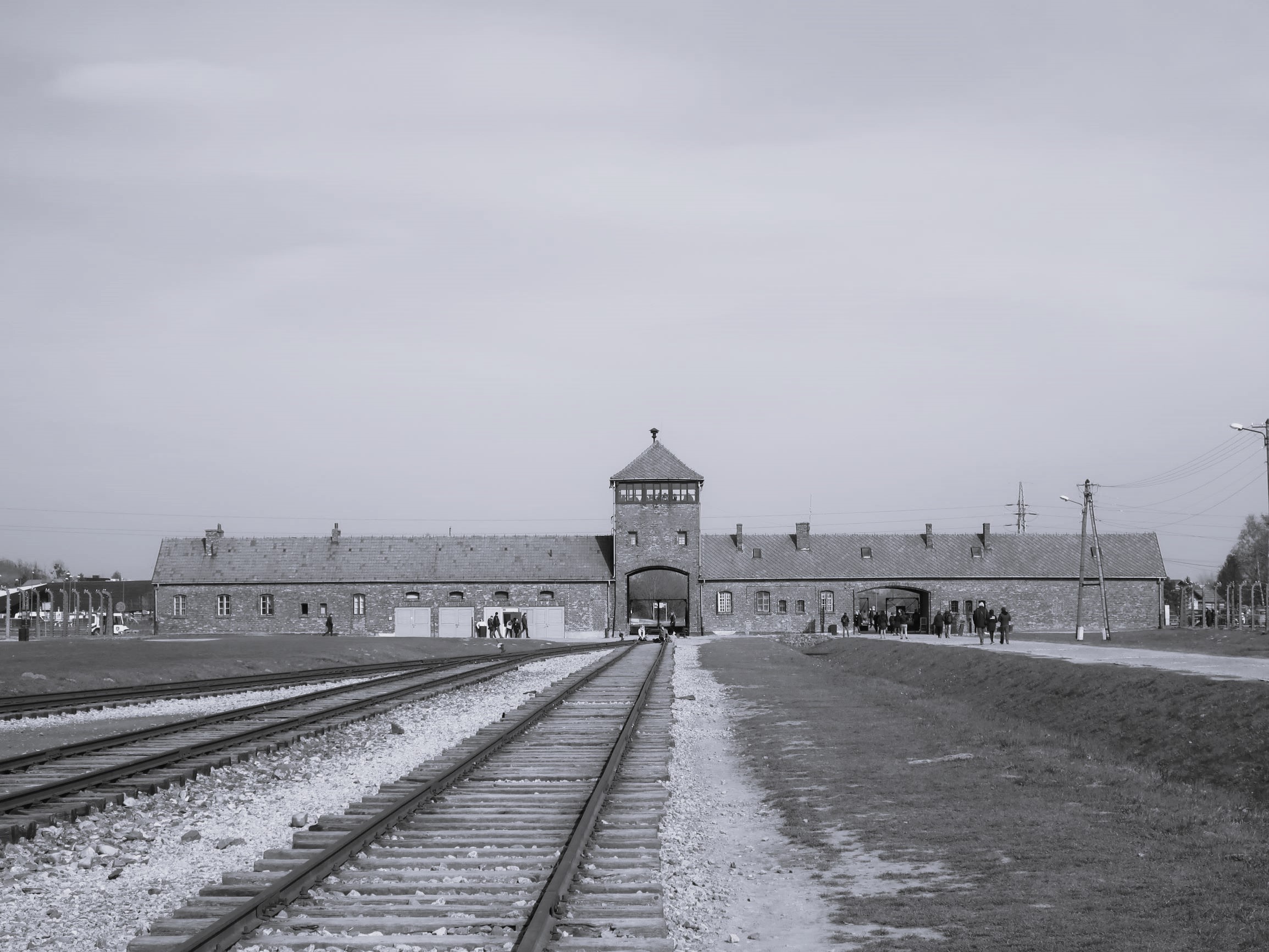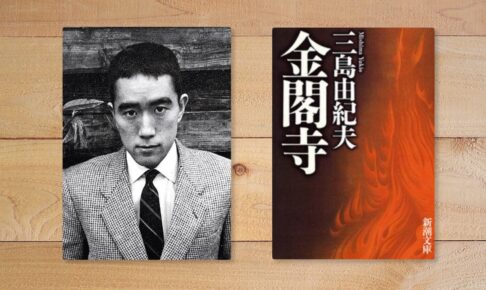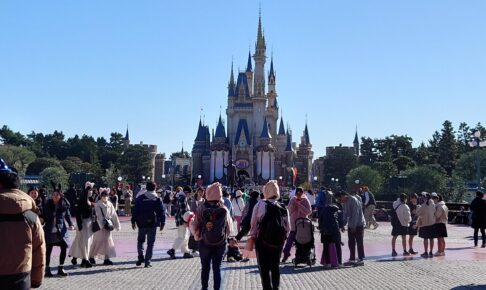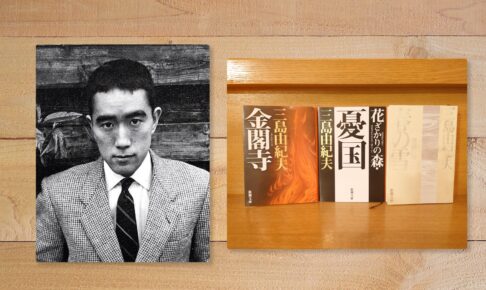Table of Contents
- 1 Monk Recommendation! 15 recommended works to learn about war and peace and how the world works - Now is the time to learn about history and question the world! A great book that I would highly recommend to students!
- 1.1 1 Václav Havel, The Power of the Powerless
- 1.2 2 Yoshio Kikuchi, "Two Thousand Years of Mercenaries.
- 1.3 3 Timothy Snyder, Bloodland: The Truth About Hitler and Stalin's Genocide
- 1.4 4 Catherine Meridale, Ivan's War: A Record of a Red Army Soldier, 1939-45.
- 1.5 5 Toru Takagi, Document: War Advertising Agencies, Information Manipulation and the Bosnian Conflict.
- 1.6 6 Jean Hatzfeld, When Neighbors Turn Murderers: Testimonies of Rwandan Genocide Survivors.
- 1.7 7 Stuart D. Goldman, Nomonhan 1939: The Unknown Beginning of World War II.
- 1.8 8 Victor Seveschen, Lenin, Power and Love.
- 1.9 9 Tristram Hunt, Engels: The Man Marx Called General
- 1.10 10 Victor Seveschen, The Eastern European Revolution 1989: The Collapse of the Soviet Empire.
- 1.11 11 Tetsu Nakamura, From a Clinic in Afghanistan
- 1.12 12 Witold Shabłowski, The Dancing Bears: People Struggling with Regime Change after the Cold War
- 1.13 13 Machiavelli, The Monarchy.
- 1.14 14 Edward Gibbon, The History of the Decline and Fall of the Roman Empire.
- 1.15 15 George Orwell, 1984.
- 2 Conclusion
Monk Recommendation! 15 recommended works to learn about war and peace and how the world works - Now is the time to learn about history and question the world! A great book that I would highly recommend to students!
So far in this blog, we haveTen books I'd recommend to students.", ,24 Recommended Novels."and the books I have recommended.
In this article, we would like to introduce some historical books and non-fiction works that are different from works of fiction.
In this article, we have chosen works that focus on "how to see the world" in particular. We will introduce works that will help you think about how the world we live in is structured, what happened in the world in the past, and, conversely, what is happening in modern Japan where we live. Studying history is nothing but learning about the present. It is important not to simply memorize the events of the past and be done with it, but to learn what we can learn from them and how we can make the most of them.
I am writing these articles now because I will be a part-time lecturer at Hakodate Otani Junior College starting in 2023, where I will be teaching a class called "Human Studies. I have students in front of me, and I spend my days thinking about what I can convey to them. Until then, I spent my days just facing the computer screen and updating articles, but now I have students right in front of me. I felt that my feelings about "communicating" were changing again.
Until now, we have been updating our blog for an unspecified audience. Now I want it to reach the people in front of me. It makes a difference to be able to see their faces.
Therefore, I will now introduce some historical books and nonfiction works that I recommend to students. Of course, these are great books that I recommend to all people, not just students. We hope you will find them useful in your studies. The links to each book will provide more detailed explanations, so if you find a book that interests you, please refer to it as well.
1 Václav HavelThe Power of the Powerless.
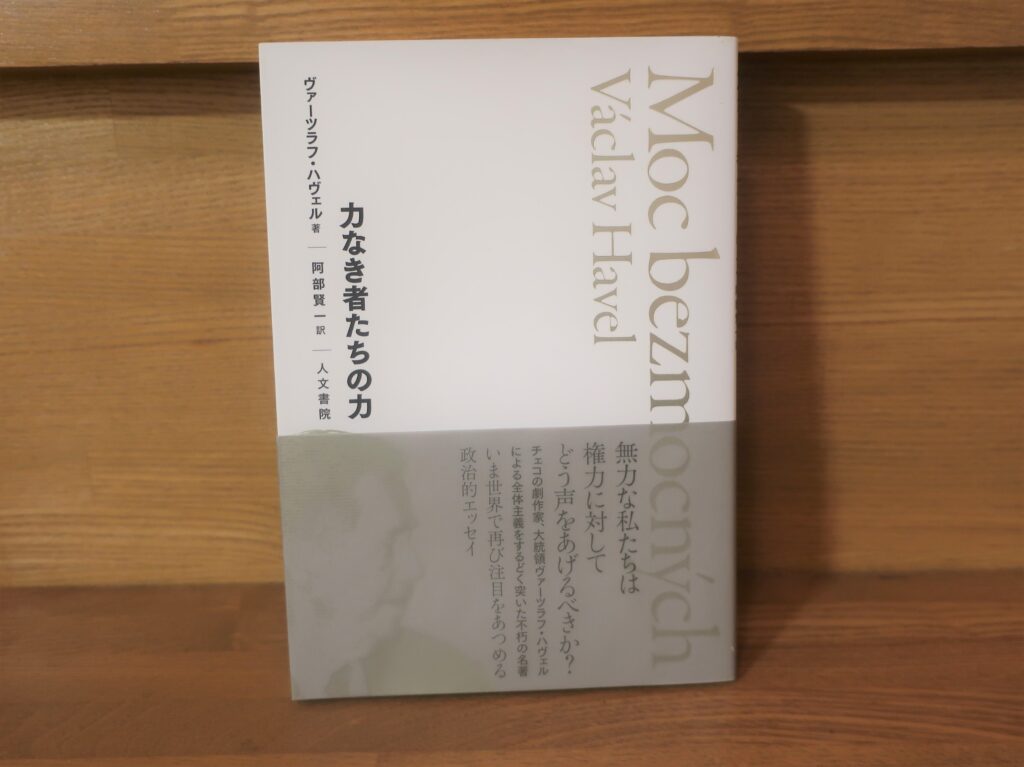
First let me say. This book is one of the most shocking books I have ever read. It was one of the most impactful books I have ever read. I was originally interested in the Prague Spring, but this book made me rethink what was going on in Prague at that time and how they fought their way to the collapse of the Soviet bloc and won their freedom.
This book gives a very important perspective on Japan, a world that has become very confusing and difficult to live in due to the Corona disaster. Now is the time for this book to be appreciated!
Prague Spring? Václav Havel? Who? What is it?" I am sure many of you are wondering.
But it is significant that I have brought this book to the top of the list. This book raises important questions about the history of the world. It is impossible to describe the book in a simple way here, but please refer to the following article for a detailed explanation of the book.
The Power of the Powerless is one of the best books of all time that should be read now.
2 Yoshio KikuchiTwo Thousand Years of Mercenaries."
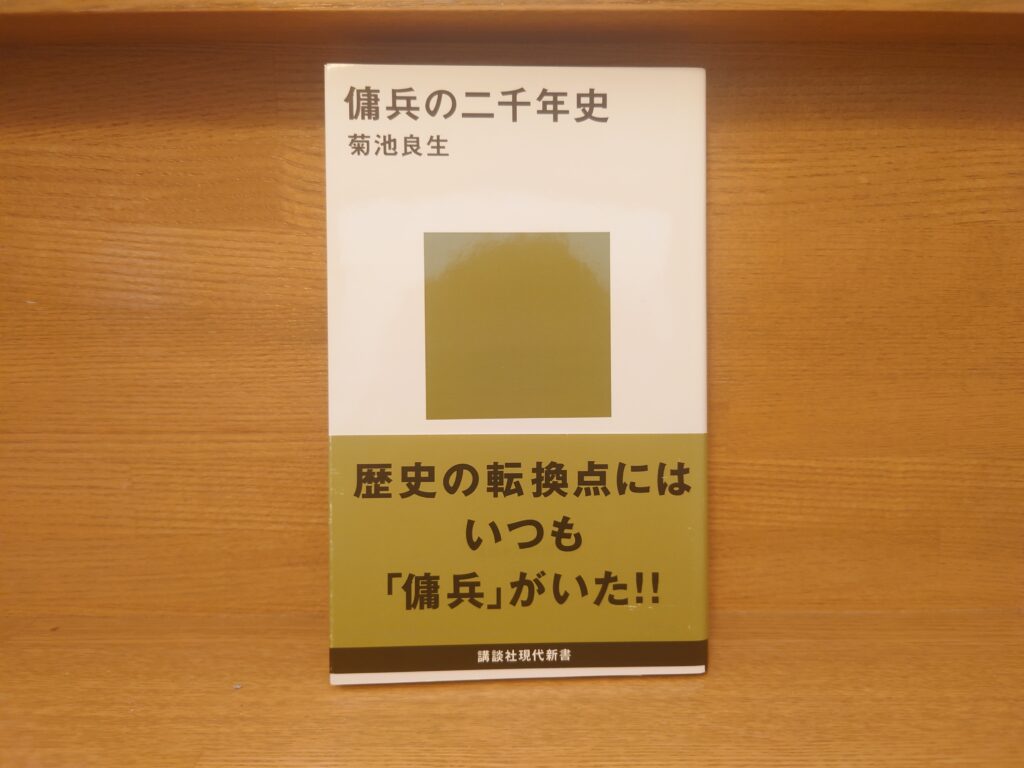
The beauty of this work is that it allows us to look at history from the very beginnings of mercenaries.
This book is a very exciting look at historical changes from ancient Greece in terms of "mercenaries".
After reading this book, the way you see history will completely change from what it was before.
Humans have been fighting wars since long ago. But who was fighting those wars?
Of course, the main players may have been royalty and nobility. But where did each soldier come from? And what system of warfare was used?
Interestingly, the history of mercenaries told in this book is also linked to the history of Japan.
The book also provides very important insights into the history of Japan.
What is war anyway? Why do people fight? Why can't war be stopped?
This book, which looks at those questions from the perspective of "mercenaries," is extremely valuable. The fact that it is a new book and easy to read is also appreciated. Why not pick up a copy?
3 Timothy SnyderBloodland: The Truth About Hitler and Stalin and the Holocaust.
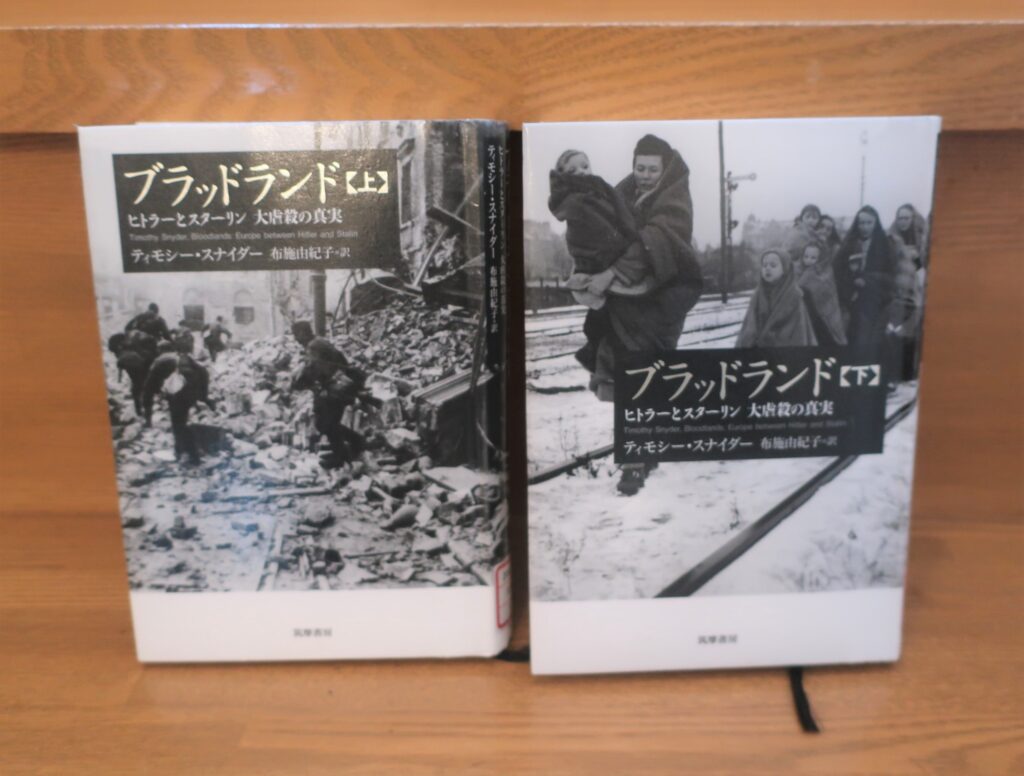
I visited Auschwitz in 2019. I wanted to learn about humanity's tragic past. (What I Learned and Felt While Visiting Auschwitz, Round-the-World Tour in Poland(See article in)
But this book made me realize how little I know.
There were facts there that were so shocking that they changed my view of Auschwitz.
There are so many shocking things in this book that the translator would like to say that it is hard to read. But that is why I think it is necessary to read this book to learn about history.
It was my interest in Stalin's Great Terror (purges) and the German-Soviet war in World War II that led me to read this book in the first place.
Why did Stalin starve or shoot his own people to death in large numbers? It was a great mystery to me why he was able to kill people in such a brutal way that he did not consider them human, even though they were the same Soviets.
The book "Bloodland: The Truth about Hitler and Stalin's Genocide" was the best answer to that question.
I highly recommend this book to learn about totalitarianism and the misery that war brings. You should definitely pick up a copy.
4 Catherine MeridaleIvan's War: A Record of a Red Army Soldier, 1939-45."
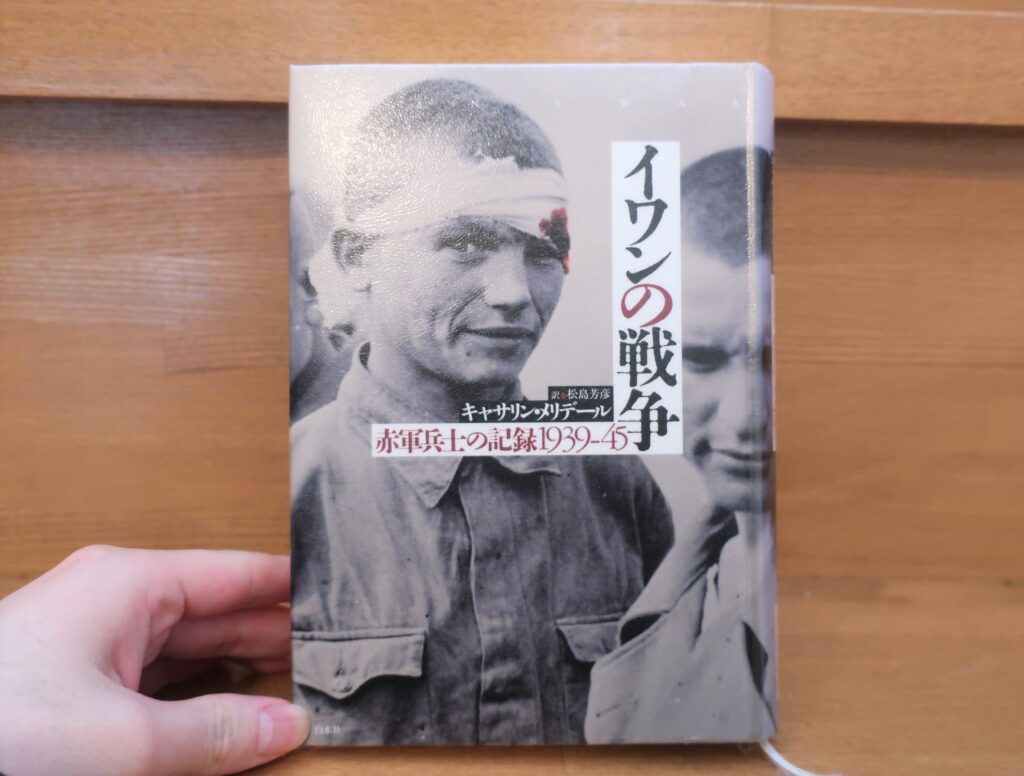
This book answered a question I have had since I started learning about the history of the German-Soviet war.
The question was, "Why did Soviet soldiers continue to fight even though they knew they would die?
In the Russo-German War, the Soviet Union sent an incredibly large number of soldiers to assault the Nazi army, although it sounds good to call it manpower tactics. They were cruelly overrun by an overwhelming margin of force.
However, this manpower tactic resulted in the repulsion of Nazi forces.
We know that we were forced to fight as soldiers under Stalin's orders. We have also learned that they were motivated by the rule that if they fled or were captured, they would be killed along with their relatives. (See"Stalin and the Counterattacking Soviet Army's Hellish Revenge During the Russo-German War: "Learning from Stalin" ⑸"(See the article on)
But still, I could not for the life of me understand why they were able to continue to fight so miserably.
This is analyzed in this book using interviews with people who experienced the war at the time, as well as new documents that accompanied the collapse of the Soviet Union.
The book reveals what each soldier went through and why he continued to fight.
Each one of them is an ordinary human being just like us.
However, the environment in which they were raised, the Soviet propaganda, the Nazi invasion, the scene of extreme violence that was so tragic, and the extreme circumstances of war that if they did not do it, they would be killed, motivated them.
A person has the potential to be anything. Depending on the circumstances, people can commit atrocities with impunity. Even if you think you are a good person, you never know what you might do. This book makes you think about that.
It is a terrific book. It is a great book that I strongly recommend now.
5 Toru TakagiDocument: War Advertising Agencies, Information Operations and the Bosnian Conflict.
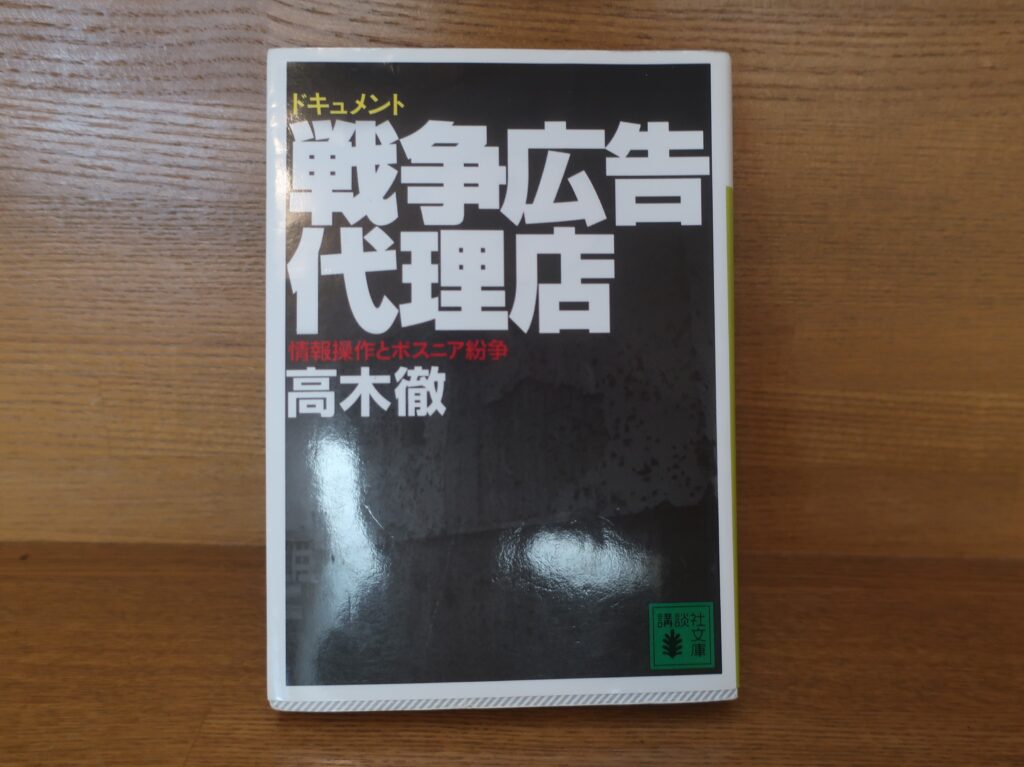
We tend to be carried away by the easy-to-understand good-bad theory. But things are not that simple.
The complexity of this situation is unimaginable, especially in the field of international conflicts. It is a world where "this is the way it is, so this is the way it will be" does not work.
In this book, you will learn about the complexity of such a world. You will also learn how important media PR strategies are in such a world.
What is the nature of the news we see every day? What is the intention behind the news we see every day?
The process of getting the news to us in the first place is a tremendous selection process.
Not knowing is the same as not existing. If it is not known, it is the same as being ignored.
This book also makes us think about the very news we are exposed to every day.
The book speaks to the dangers of a simple good-versus-bad theory, but of course, this does not mean that acts of violence on the part of the Serbs are justified.
I also visited Bosnia in 2019 and had a guide who experienced the conflict tell me stories of the siege of Sarajevo and the massacre in Srebrenica.
Even though there is no simple division into good and bad, there is still the suffering of those who have lost so much through violence.
It is a mistake to simply think in terms of the good/bad theory, but it is also a mistake to say, "There are no good guys or bad guys. I feel that there is some danger in just dismissing it as "both were doing violence" and calling it quits.
The difficulty of this issue is always felt. You will see the complexity of the conflict in this book.
I highly recommend everyone to pick up a copy of this book. It is a very easy book to read. The author's narrative draws you in.
6 Jean HatzfeldWhen Neighbors Turn Murderers: Testimonies of Rwandan Genocide Survivors.
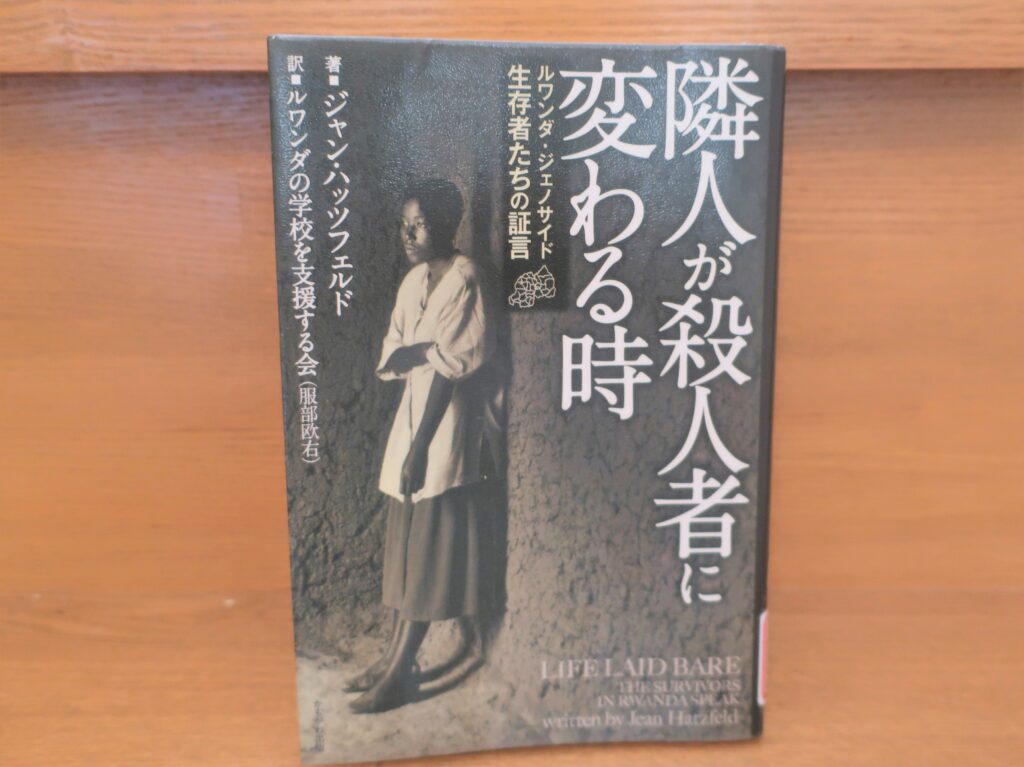
This book is the first in the "When Neighbors Turn Murderers" trilogy. The sequels, "When Neighbors Turn Murderers: The Perpetrators" and "When Neighbors Turn Murderers: The Road to Reconciliation - Testimony of the Rwandan Genocide" are also intense. Or rather, the more you go on, the more horrifying it gets.
This trilogy is just shocking.
How is it possible for history to be this horrific?"
The author states that.
This trilogy will look at such a horrific history through the words of people living there.
I honestly did not expect to read such an intense book.
I came to know about the Rwandan Genocide while learning about the Bosnian conflict and the Srebrenica genocide. I was not expecting to find this trilogy in my possession, but I found it to be a very shocking work.
What is peace? What is man? What is sin and punishment? Good and evil, the problem of God. The problem of forgiveness.
The fundamental problems in human beings are packed in here. There are no answers. But the voices of people who have lived in extreme conditions are here. What do you think about when you listen to their voices? I think this is very important.
I am truly happy to have encountered this trilogy.
It has been a very tough read mentally, but I have no regrets at all.
I hope this trilogy will spread to as many people as possible.
I highly recommend this work.
7 Stuart D. Goldman"Nomonhan 1939: The Unknown Beginning of World War II."
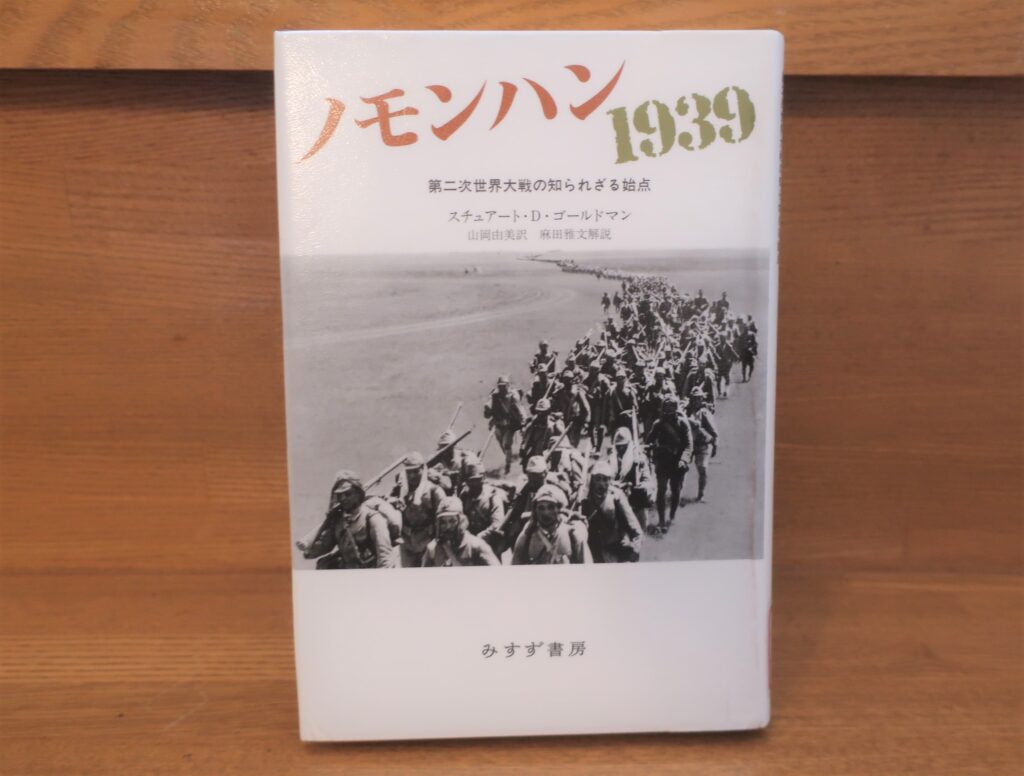
The book is also tremendous.
The book reveals that the Nomonhan Incident, a historical event that we all know only by name, had an unimaginably huge impact on the world.
The book also analyzes why Japan suffered repeated disastrous defeats in World War II and why the military went out of control and fought recklessly. I think you will be quite shocked when you read it. I myself was stunned many times while reading this book, saying, "No way.... It is that shocking.
The book provides a very clear analysis of why Japan went into war and why it was repeatedly defeated. The book presents an image of Japan that can only be seen by researchers from abroad.
It also reveals what this event meant to Stalin and Hitler.
In this book, you will learn a perspective that does not look at World War II locally, but rather as a connection between the entire world. It is a wonderful opportunity to rethink World War II.
This book raises very important issues for us to look at Japan today. I highly recommend that you pick up this book for the future of Japan. I highly recommend this book.
8 Victor SebeschenLenin, Power and Love.
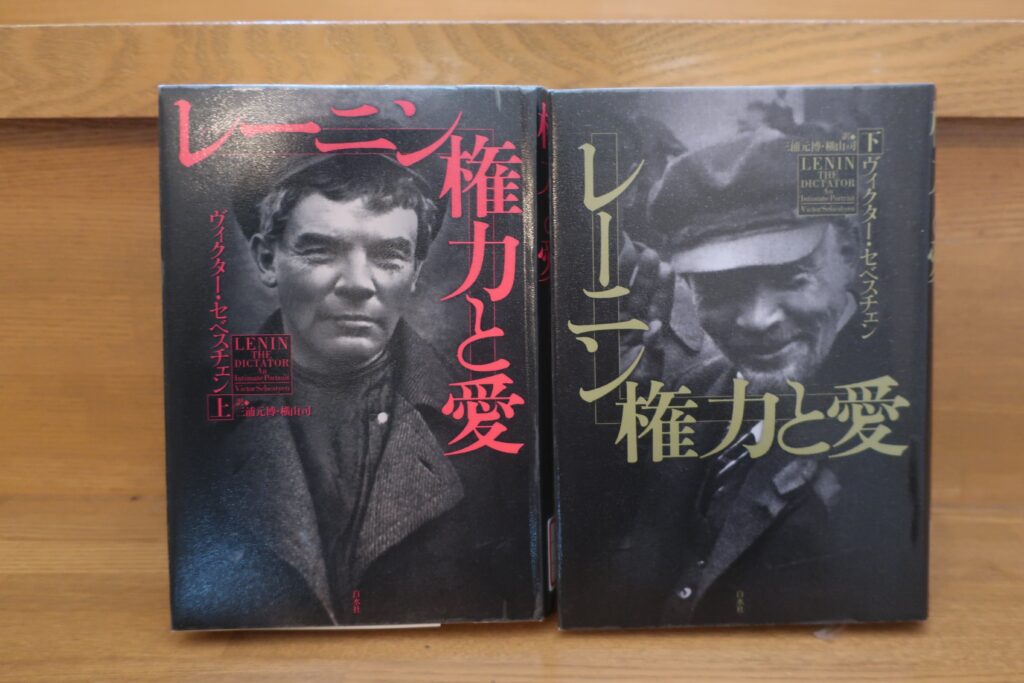
This work is also a tremendous classic. Even if you are not interested in the Russian Revolution or Lenin, it is the best reference book on the history of mankind and man himself.
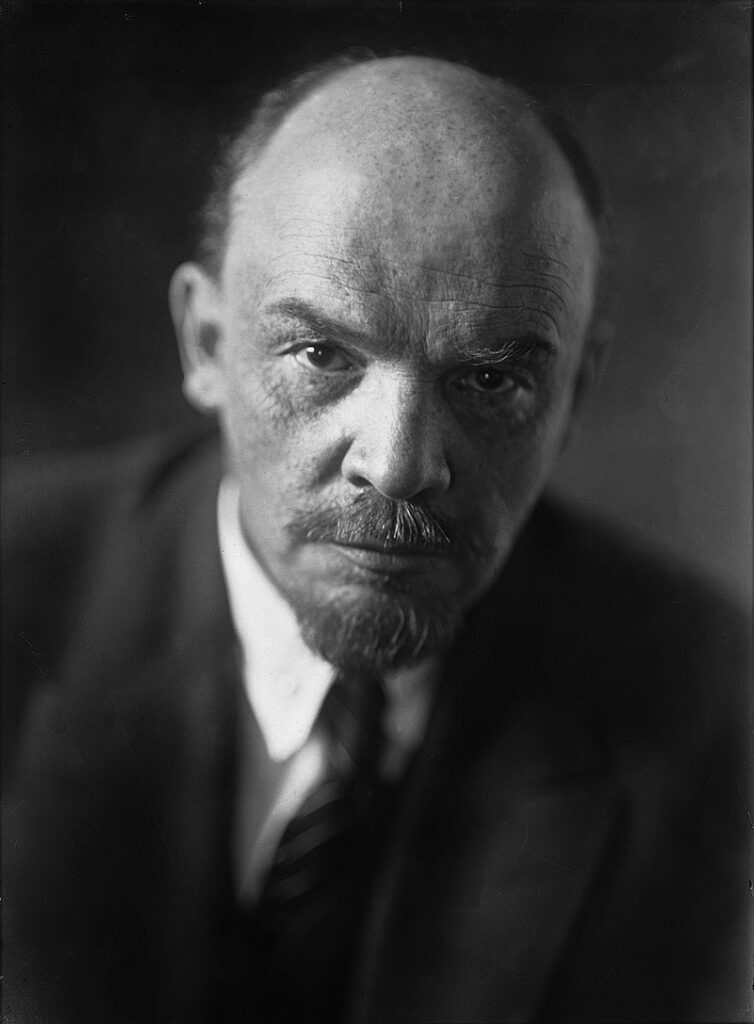
Lenin, the man who was the architect of the Russian Revolution and determined the course of the Soviet world that followed.
In this book, you will get to know a different Lenin from the image of Lenin deified by the Soviet Union.
Lenin: Power and Love" provides a detailed look not only at Lenin himself, but also at the historical background of his time. Above all, it reveals what the world we live in is like.
With the collapse of the Soviet Union, capitalism triumphed and seemed to be the right answer. The author says that this situation is reminiscent of the time when Lenin was trying to start a revolution. This is why it is important to study Lenin now in order to prevent a repetition of the bloody history.
And above all, this biography is just fascinating! It is a very clear and exciting account of why the revolution happened in Russia and how Lenin seized power. The author's narration is so brilliant that it reads like a novel.
This book is also recommended anyway.
9 Tristram HuntEngels, The Man Marx Called General.
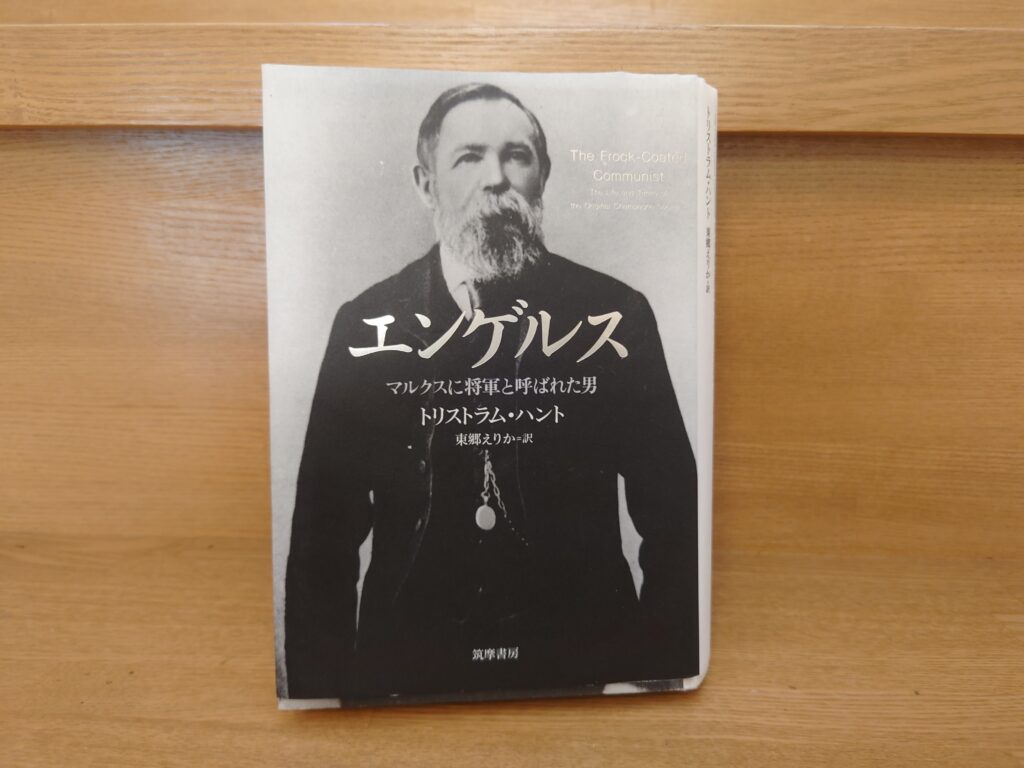
I have updated many articles on Marx on this blog. However, I am not a Marxist. Rather, I am a person who is concerned about the prevalence of Marxist thought. The reason why I am studying Marx is because studying him is nothing but studying the big trends of history. Marx is a giant who has had a tremendous impact on human history, for better or worse. Studying this giant is a great clue to questioning human existence itself.
I personally began my consideration from the angle of "Is Marx a religious phenomenon?", and the book that I found most helpful there was this one'TheEngels, The Man Marx Called General."This was the biography of the company.
Engels is often mentioned in pairs with Marx Engels. Although Engels was an indispensable figure in the spread of Marx's thought throughout the world, very little is known about who he actually was. Before reading this book, I myself knew very little about him.
However, this book shows us how big a role Engels played in Marx's activities, and the scale of Engels himself. Although he has been overshadowed by Marx, Engels is still an outstanding figure in history.
This biography does not take the position of overly glorifying or attacking Marx or Engels. It distances itself from such ideological bias and is based on historical facts.
The narrative is exquisite and very readable and interesting.
Engels was the owner of a cotton mill in Manchester. Yes, that's right; he was the very bourgeois that he and Marx had abused so much. The very bourgeois he and Marx had abused so much. He remitted the money he earned from exploiting his workers to Marx. Without Engels' remittances, Marx could not even continue his life. In other words, "Capitalism" would never have been born. Marx's "Capitalism" was full of contradictions, as it was written with money obtained through the exploitation of workers.
In this book, you will repeatedly encounter such contradictions between Engels and Marx.
However, there is something different about people who have such an impact on the world, and that is the wonder of history. It also makes me think about how things that would raise eyebrows in our modern world could have been possible in the turbulent 19th century. I felt the importance of going beyond ideology and taking a close look at what they actually did historically.
What I also appreciated most about the book was its clear explanation of what ideas influenced Engels and how his writings emerged from them.
It is very easy to understand the flow of history because you can learn along with the historical background of the time and the ideas that were popular at the time. It is easy to understand how the ideas of Engels and Marx were developed. The book also gives me a road map of what to read next to learn more about Marx and Engels. I appreciated this.
Marx did not create his original ideas all by himself. He was an intense student. He absorbed various ideas, fought with rivals, and refined his ideas. Nothing comes from nothing. Marx, too, lived in close relationship with the historical background of his time.
The book shows the importance of knowing the historical background as well as the ideology.
This is a great book that is a must read for anyone interested in Marx. There have been many books on Marx and "Capitalism" related recently, but I highly recommend reading this book first. And by Robert Skidelsky and Edward Skidelsky.The Society of the Poor and the Rich: The End of Capitalism Without Ideals.is another great book that will broaden your perspective on Marx. Both are great books to learn about the course of world history. Why not pick up a copy?
10 Victor Seveschen, The Eastern European Revolution 1989: The Collapse of the Soviet Empire.
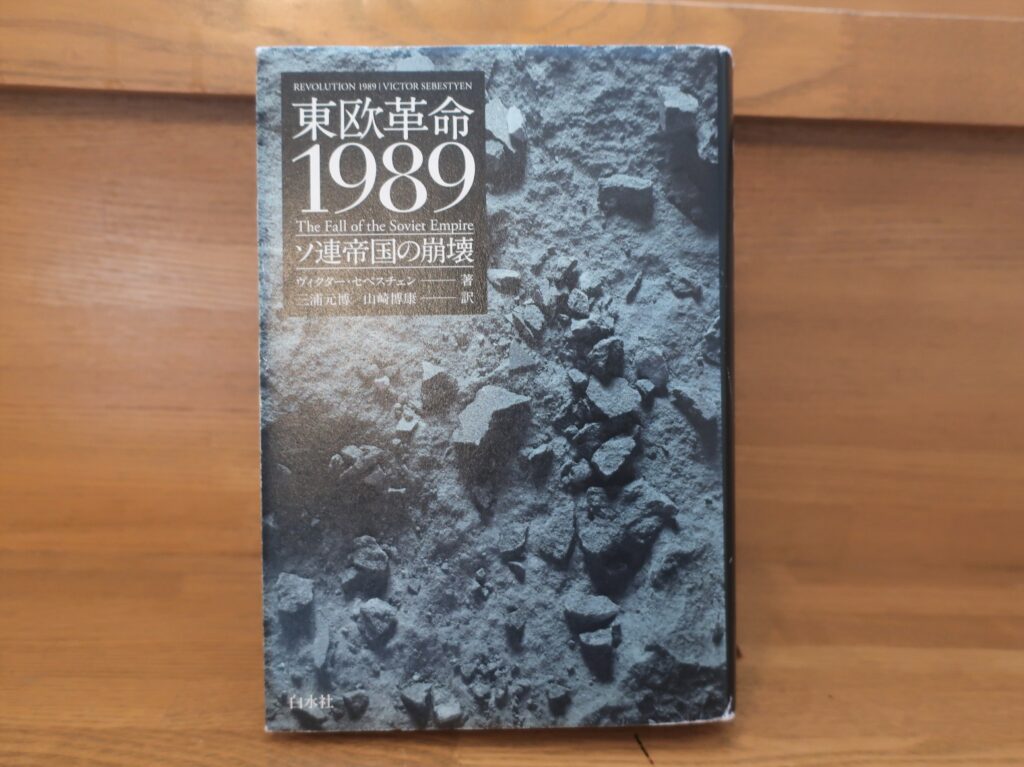
Above.Lenin, Power and Love.His works are easy to read and lead us to interesting yet profound insights, as is the case with "The Collapse of the Soviet Empire" and "The Revolution in Eastern Europe 1989. Seveschen's documentary work on the collapse of the Soviet Union is entitled "The Eastern European Revolution 1989: The Collapse of the Soviet Empire.
The content discussed in this book is amazingly global.
Many countries and regions are discussed in the book, including the US, Poland, the Czech Republic, Berlin, Hungary, Romania, Afghanistan, as well as the Soviet Union itself.
And it is told in chronological order and in realistic Seveschen verse. This was thrilling and exciting reading. The facts keep coming out that surprise you. The facts that surprised me kept coming up. And then, "How is that connected to the other? You will be surprised again and again.
What surprised me most out of all of this was the presence of John Paul II in Poland. I learned what role the Roman Catholic Pope played in the Cold War and how large a figure this John Paul II was. I was left with goosebumps when I read that passage. It was as if I was struck by lightning to realize that such a great man existed in this time period. I feel that just knowing such history was a tremendous significance of encountering this book.
In recent years, there have been reports of confusion due to the withdrawal of U.S. troops from Afghanistan. In this book, we also learn that the Soviet Union once invaded and stationed troops in Afghanistan, but that the invasion did not go well and led to the Soviet withdrawal, which became a major factor in the collapse of the Soviet Union.
This book looks at society at the end of the Cold War from a large global perspective. It is also a masterful book that analyzes the process of its collapse in chronological order and also highlights the interrelationships among the different countries. This is a wonderful work. It is a gem that you will want to read over and over again.
What was the Cold War? What was happening at the end of the Soviet bloc? You can learn that our world is connected to such things. Why not pick up a copy?
11 Tetsu NakamuraFrom a Clinic in Afghanistan."
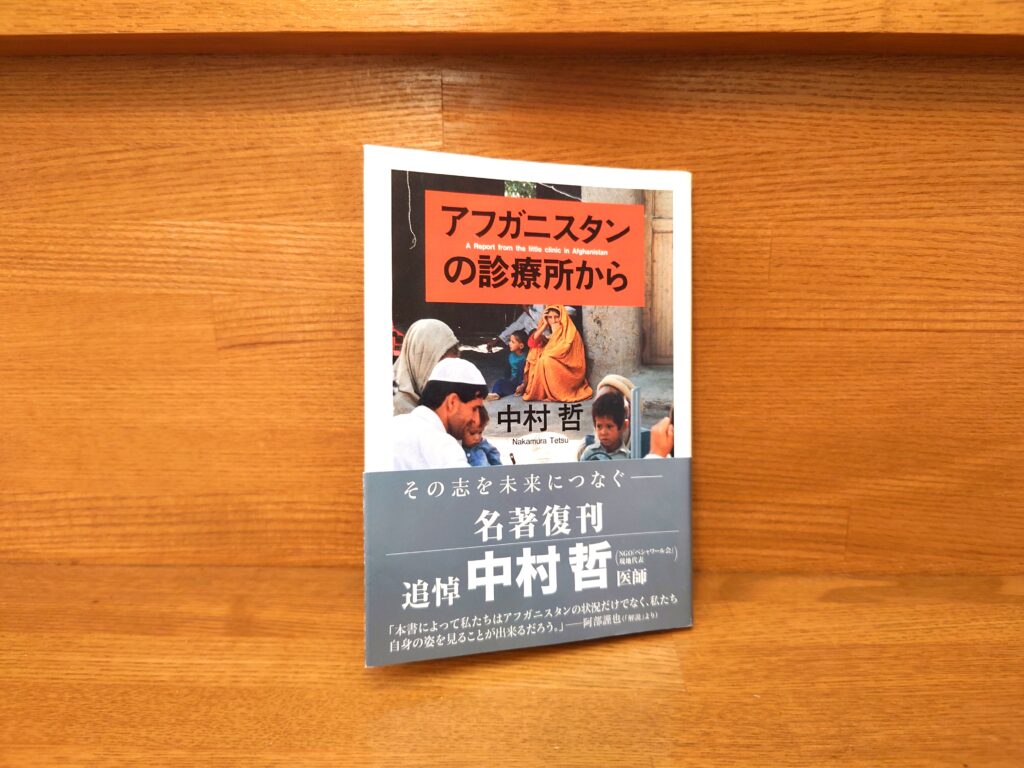
Dr. Satoshi Nakamura was shot and killed there in 2019. Reading this book again, one can only be amazed at how significant Dr. Nakamura was.
After the Soviet invasion, the situation in Afghanistan became extremely dire. Even after the Soviet troops retreated, the chaos continued, leading to the 911 terrorist attacks and U.S. airstrikes.
I picked up this work because I thought that Dr. Nakamura's work would provide the best insight into the Soviet Union, the U.S. military invasion, and the subsequent situation in Afghanistan.
I don't need to tell you about Dr. Nakamura; I am sure he is well known throughout Japan.
The book introduced in this issue, "From a Clinic in Afghanistan," was written in 1992. Dr. Nakamura was posted to Peshawar, Pakistan in 1984, and in 1986, he organized a medical team for Afghan refugees and subsequently began medical activities in Afghanistan.
This book is about such a connection Dr. Nakamura has with Afghanistan and the Afghan villages devastated by the invasion by the Soviet army.
The reality is unimaginable in the peaceful, materialistic Japan of today. Dr. Nakamura speaks to us in straightforward terms about the culture and spirituality of the local people.
This work poignantly questions our way of being through the reality of Afghanistan.
I believe that Japan is now a country that is comfortable with the pretense of "moving toward the 21st century," "globalization," and "eco-friendliness" as buzzwords, even when these issues are horrifying when seriously considered.
The human spirit, the natural mutual support, and the ancient climate have long since been forgotten in modernized Japan."
There is something that questions from the bottom up the life that we have been degenerating ourselves with useless knowledge in the name of "progress," and there is the bare life and death of human beings. Japan as seen from these sites is too full of fictions. A society that is so absorbed in the discussion of justice that it ignores the meaning of human life and death seems bizarre.
These words were written by Dr. Nakamura in 1992, and they are exactly the ones that strike us today.
What would Dr. Nakamura say to the state of Japan in the past few years, which has been rocked by the Corona disaster? I cannot help but wonder.
This book is one of the best books to read now.
The compact size of the book, about 200 pages in paperback, makes it easy to pick up without hesitation, and we highly recommend this work.
12 Witold ShabłowskiThe Dancing Bears: People Struggling with Post-Cold War Regime Change.
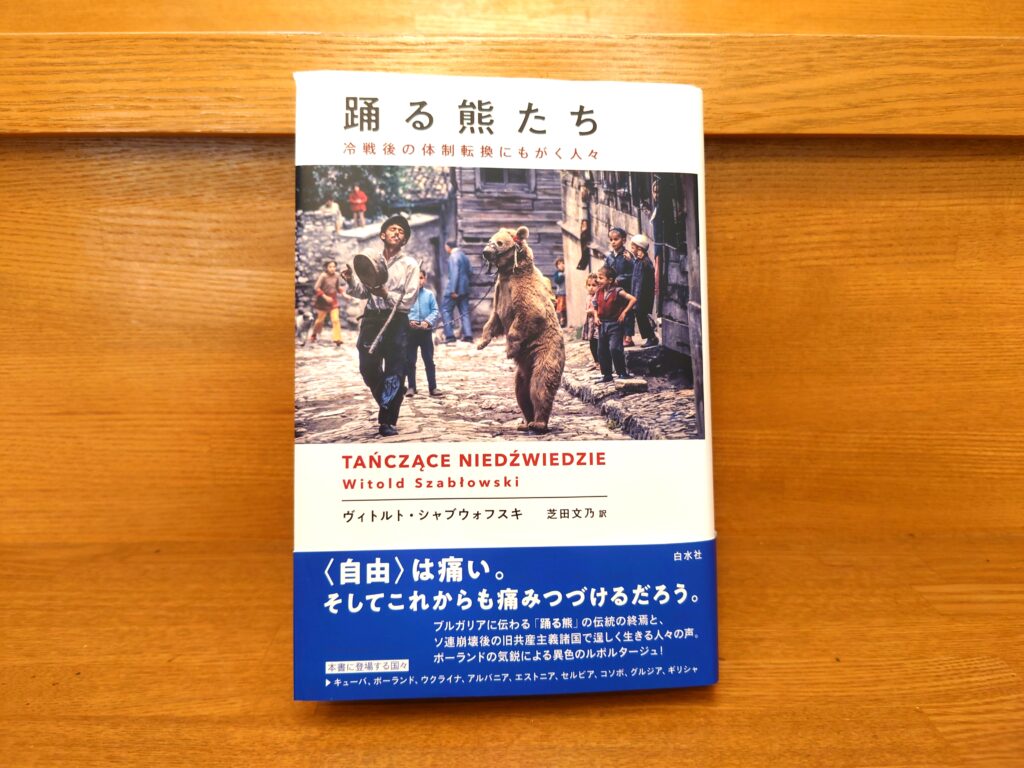
This book is about the "dancing bears" of former communist Bulgaria and looks at the lives of people living in the former communist bloc.
This book is also amazing..!
There are plenty of books on Russia, but books on the former communist bloc and its aftermath are quite rare to begin with.
Moreover, the "bear dance" that has been handed down in the region is an exquisite symbol of the very drama of the transition from the former communist bloc to "freedom.
Bears were raised and trained under conditions that could be described as abusive. This book will make you want to turn away...
In this book, we see the bears taken in and given their freedom in a shelter called "Dancing Bear Park. But it's not as easy as it sounds...
Are the bears being abused there again? No, no, that is not the case. Rather than being mistreated, they live free and healthy lives with the kind of care that no human being would ever receive.
But this also confronts us with something terrible.
What a surprise, the bears, having gained their freedom, suffer from their freedom and dance as they once did in their former days of slavery...
Is there such a horrifying sight...!
Through these bears, the author talks about the suffering of people living in the former communist bloc. The author, himself a Polish citizen of the former communist bloc, is extremely convincing.
Freedom hurts. Freedom hurts and will continue to hurt. Are we prepared to pay a higher price for it than the dancing bears?"
What you will feel keenly after reading this book is the weight of "freedom. For someone who has been in control of everything, to suddenly be given freedom is more painful than anything else. It is more excruciating to contemplate what one should...
Those of us living in modern Japan may also think that we are free.
But is this really the case?
What if we are unknowingly imprinted with "what to do and what not to do"?
Where does what you think you want to be or must be come from?
Are we really thinking "by ourselves"?
The suppression of "freedom" is not only a problem in the communist bloc. If anything, it is more troublesome on the side of capitalism, which cleverly advertises its desires by replacing them with "freedom" and "dreams. It is a very difficult question whether capitalism, which claims to be "free," is really "free. I can't talk about it here because it would be too long, but this book considers such a question of "freedom" through "The Dancing Bear. It is very profound.
Also, in the second half of the book, various former communist bloc countries such as Cuba, Estonia, Poland, Serbia, and Kosovo are mentioned. The book tells the story of how people suffered the effects of the sudden collapse of socialism and were thrown into liberal capitalism.
Chills ran through my body many times while reading this book.
The collapse of the Soviet Union did not end everything. It is not a simple matter of "communism has fallen, now it's time for capitalism. This is the best book to learn about the plight of the former communist bloc countries, which we don't often see.
It is also a shocking work that questions what we ourselves are through "The Dancing Bear". This is a masterpiece. I highly recommend it.
13 MachiavelliThe Monarchist.
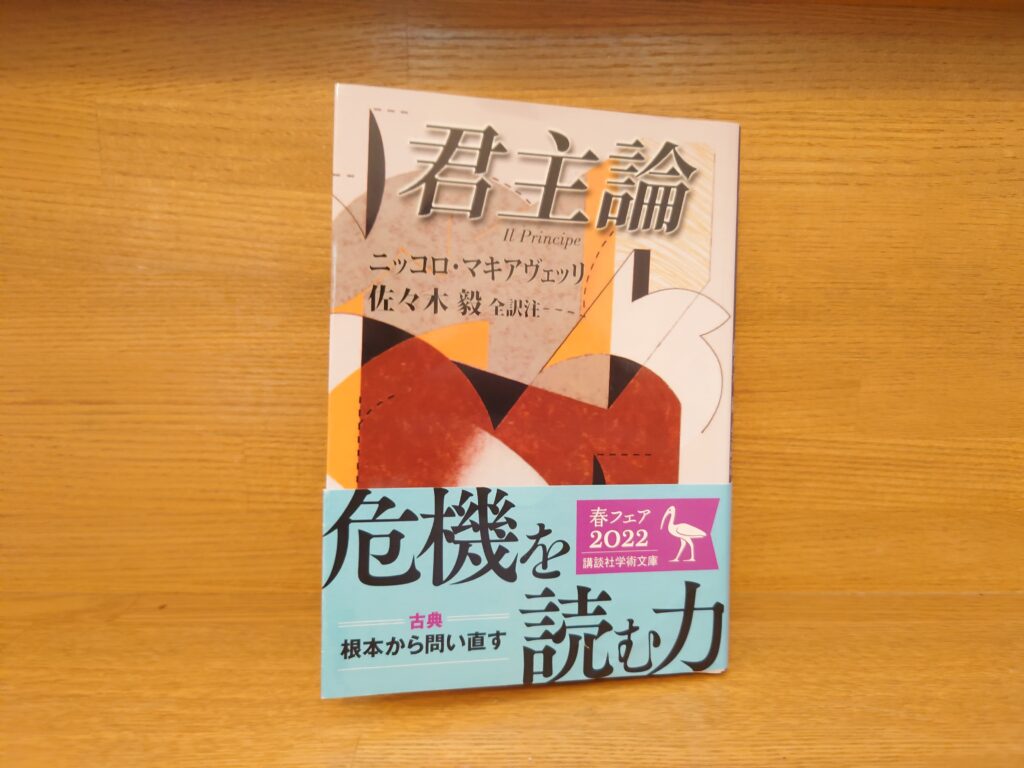
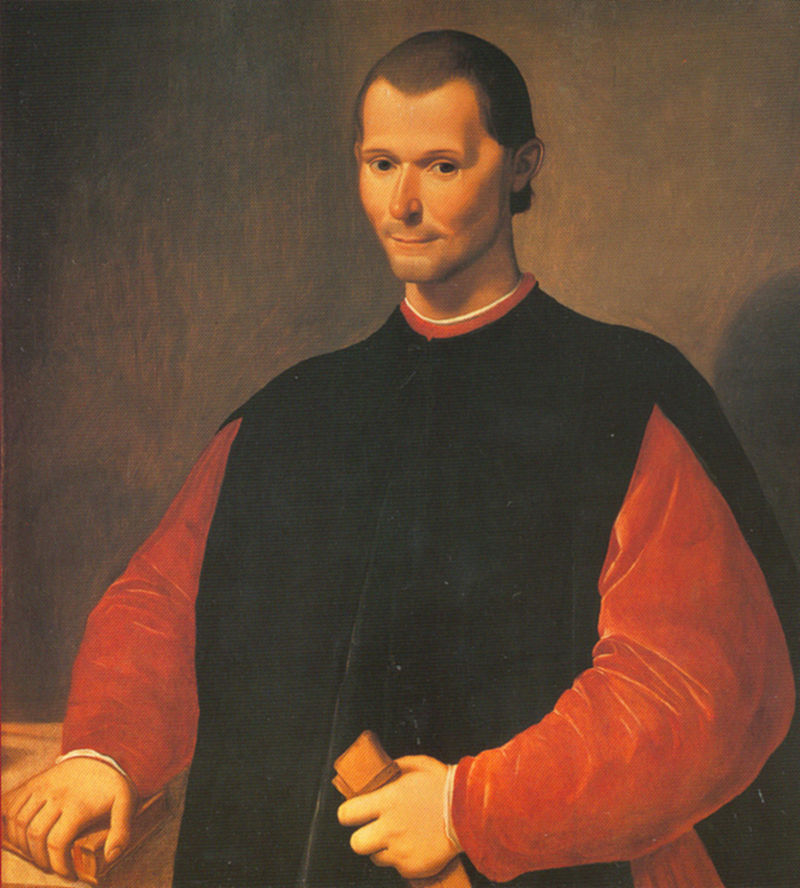
Niccolò Machiavelli (1469-1527)Wikipedia.
As the word Machiavelli's "The Monarchy" suggests, Machiavellianism inevitably conjures up images of ruthlessness, intrigue, and anything-goes pragmatism in order to win in the face of harsh reality.
War and bargaining between nations is truly Machiavellian. We cannot choose the means to win. After all, the world is a world of the weak and the strong. The strong survive.
It is true that such things are discussed in "The Monarchist".
However, the background of why Machiavelli had to state such a thing is often overlooked.
The political situation in Italy at that time is quite special. I feel that the greatest meaning of studying Machiavelli is to understand this unique political situation. Knowing this is synonymous with thinking about the current international situation.
Machiavellianism is an inescapable part of the study of war and peace. The book "The Theory of the Monarch," the main work of Machiavellianism, is still an important work. We have not been able to discuss most of the important points of this book here, so please refer to the following links.
14 Edward GibbonThe History of the Decline and Fall of the Roman Empire.
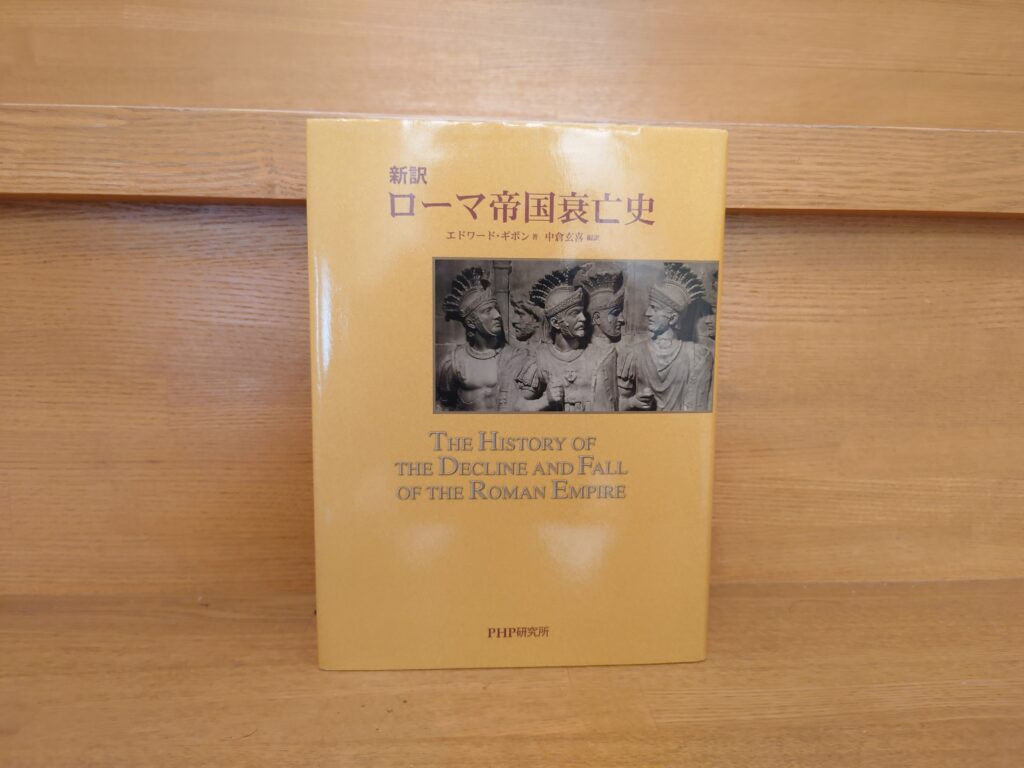
This book is an edited translation of the magnificent work "The History of the Decline and Fall of the Roman Empire" published in 1776, but it is still a large work of over 500 pages.
The History of the Decline and Fall of the Roman Empire," published in 1776, is a masterpiece that has been read throughout the ages and loved by eminent figures. I was filled with anticipation before reading it, knowing how great this work is after reading the commentary.
And this book is of great significance to us living today.
Why did the Roman Empire, which had enjoyed such prosperity, collapse?
Is it possible to simply view the collapse as having occurred simply because of the barbarian invasion?
What was happening in the prosperous Roman Empire?
This work is a good way to think about them.
And while following the course of history, the book also offers lessons that are relevant today. This is a very deep book!
This book, which discusses various considerations in addition to Gibbon's writing, which is as easy to read as a novel, is still one of the best books of all time.
The translator's commentary between chapters is also very thorough.
Thanks to this commentary, it is also easier to grasp the flow of the sections that are difficult to understand from the main text alone.
This book has made me more interested in the Roman Empire. The history of the rise and fall of ancient Rome is a major theme that connects all fields. I even feel that the Roman Empire is the best material for thinking about human history. I am fascinated by Rome,Takahiro Ueda, "The Beauty of the Theater City of Rome: A Pilgrimage to Dostoevsky and Bernini" - An introduction to ancient Rome and its temple of beauty!I will be writing a travelogue called We hope you will find it useful as well.
The History of the Decline and Fall of the Roman Empire is a masterful book that will stimulate your intellectual curiosity. I highly recommend this book.
15 George Orwell1984."
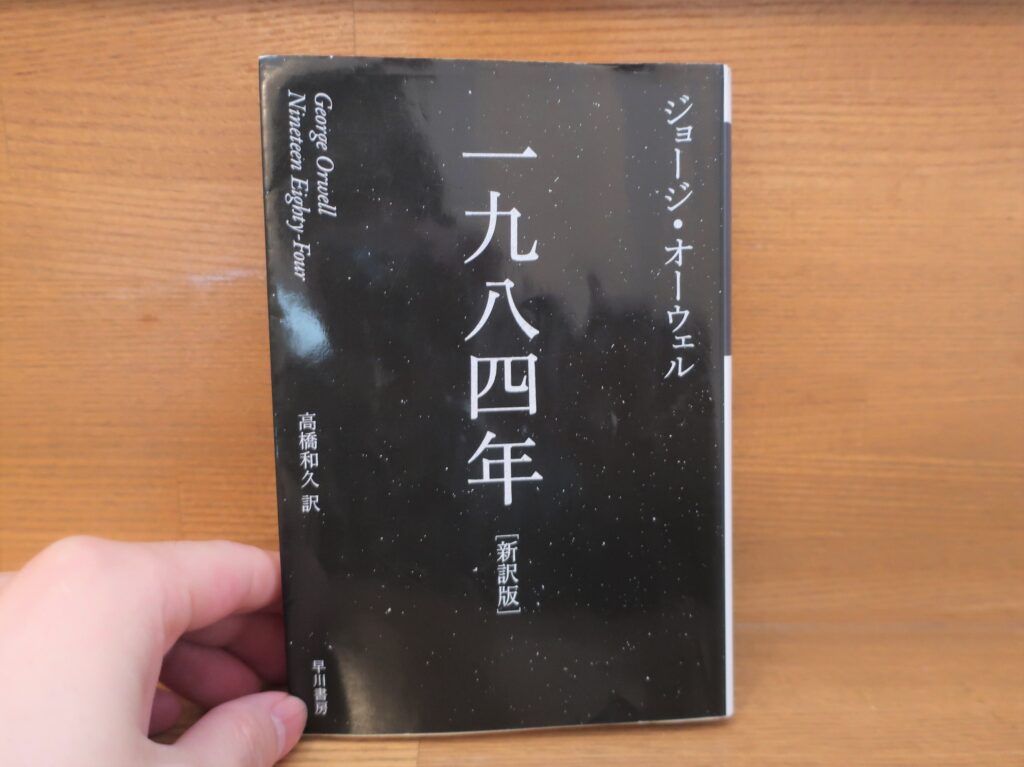
The year 1984" is a well-known dystopian novel of the highest order. I was not going to introduce a novel this time, but I could not leave out this work. In a sense, this book can even be called non-fiction.
I first read this work about 10 years ago when I was a student. I was only about 20 years old and didn't know much about the world at the time, but I remember being strongly impressed by the horror of this book.
It has been a long time since I re-read "1984" this time, and this time I felt a very different kind of fear than the last time I read "1984.
I say this because I recently studied the history of the Soviet Union, the Nazis, and the Russo-German War, and felt the horror of totalitarianism as much as I do.
(*Please refer to the following category pages for a summary of the articles)
.A History of the Soviet Union in the Lenin-Stalin Era."
."The Russo-German War: The Soviet Union and the Nazis' War of Extermination."
.Stalin and Hitler's Genocide/Holocaust."
.Learning from the History, Thought, and Literature of the Cold War World."
.Modern Russia and the Russo-Ukrainian War."
.Learning from the Bosnian Conflict and the Tragedy of the Rwandan Genocide: International Conflicts in the Post-Cold War Era."
.Is Marx a religious phenomenon?"
This work was not simply written to imagine a dystopia of the future. It describes what was actually done in the Soviet Union and Nazi totalitarianism.
But let's think about it carefully. Is this work a vision of the future for us or the past?
I felt that this work could also be our present.
This is also something I felt strongly about when I was studying the history of the Soviet Union.
How to induce the spirit of the people and move it in a way that suits the power. Totalitarian regimes try to control it by any means possible.
It infiltrates us gradually and progressively at a level that we can only notice if we look carefully.
In the world of "1984," Big Brother was not in control of everything from the beginning. However, the people have voluntarily pledged their allegiance to Big Brother, and they have come to watch each other. Once that happened, any individual with a question could easily be captured, vaporized, or converted, just like Vinston.
In every era, "1984" is a work that asks the question of "now.
What kind of world are we living in "now"?
This work is a powerful reminder of that. It is a masterpiece that is a must-read for all readers.
Conclusion
How about the 15 books we have introduced so far? Some of them are well-known, and some of them I have never seen or heard of. But I can confidently recommend all of them.
This blog also features a number of other books. Each book has a link to a related work, so you can follow the links to the works related to that book. If you find a book that interests you, we hope you will follow the article.
Basically, this blog only publishes books that I have actually read and found "recommendable". Of course, this reflects my own preferences and compatibility with my thought process, but I can guarantee that each book is of a certain level of quality. Time is finite. We have so little time. What we read in such a situation becomes a big question.
We are more than happy if you use this blog as a guide to make the most of your limited time.
We hope you will read these books.
These are "15 recommended works to learn about war and peace and how the world works - Now is the time to learn history and question the world! Great books I highly recommend to students! This is the end of "15 recommended books to learn about war, peace, and how the world works.
Click here to read the previous article.
Related Articles












